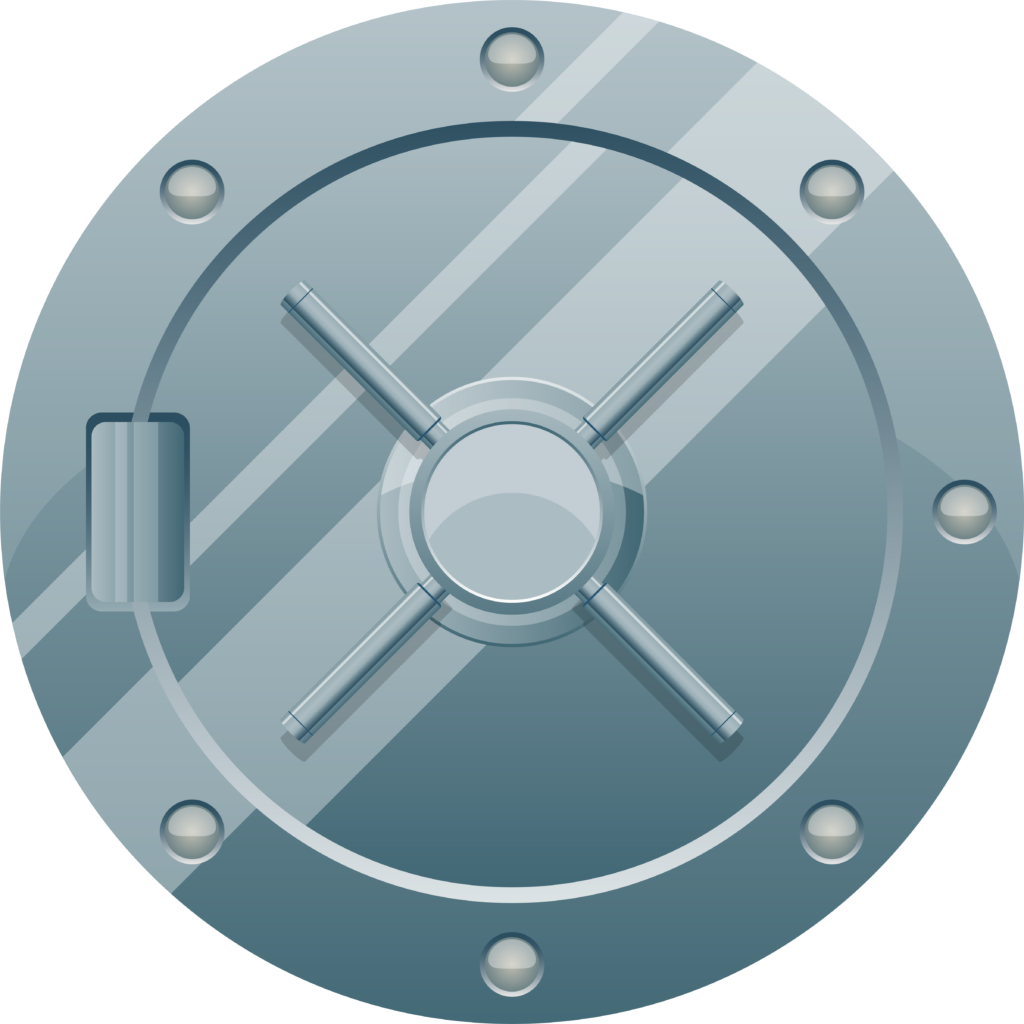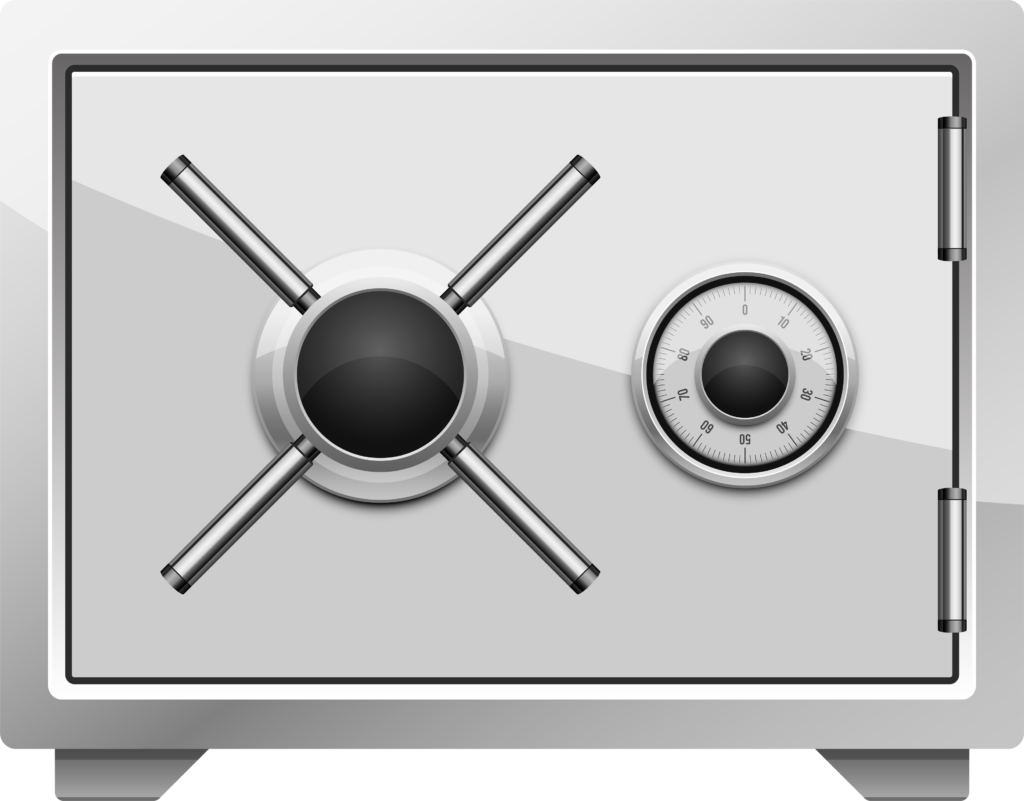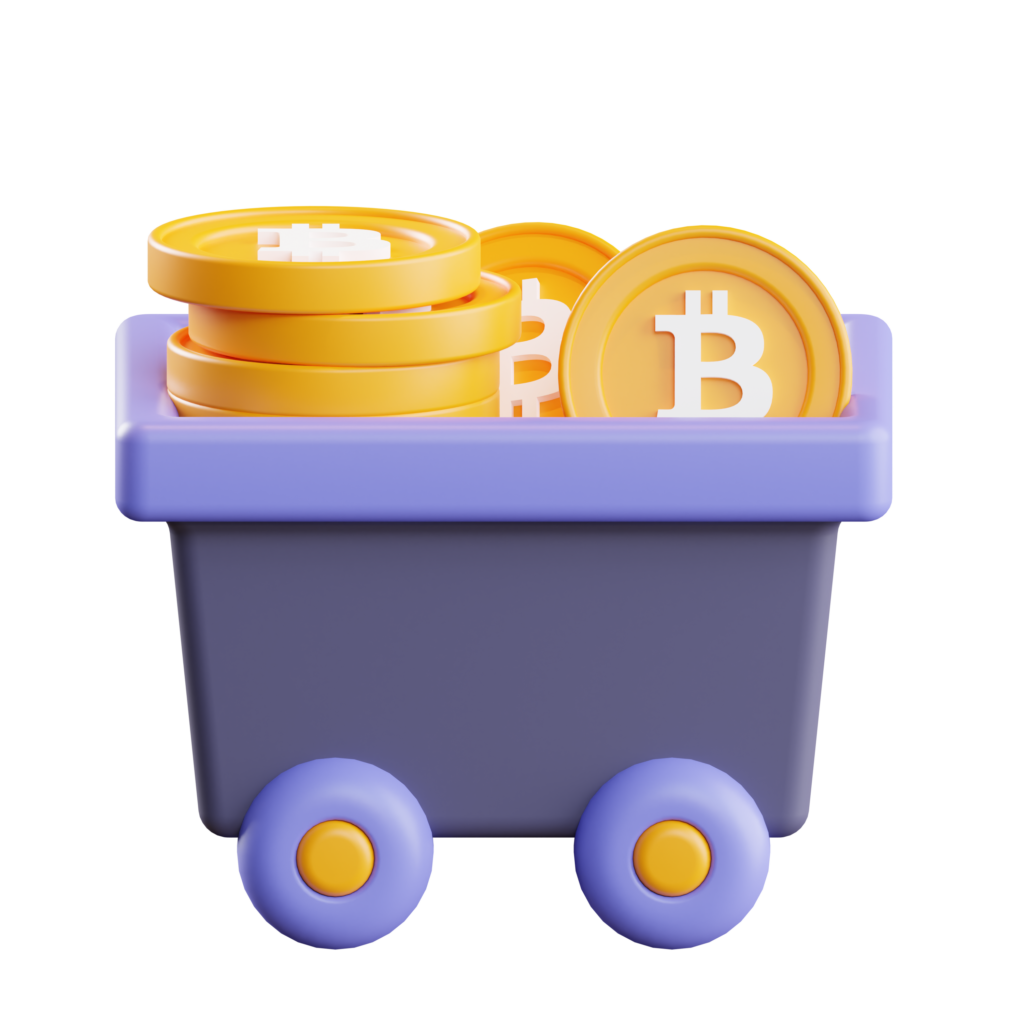
As someone who owns cryptocurrency, it’s crucial to prioritize the security of your assets. There are two methods, for achieving this; utilizing a wallet or opting for a Bitcoin vault. Given the increasing adoption of cryptocurrencies, Bitcoin ensuring their protection is important. While both wallets and vaults serve the purpose of safeguarding your investments they differ in terms of user-friendliness, accessibility and overall security.
Let’s look deeper into these options to gain an understanding of their functionalities. We’ll explore the features and advantages offered by wallets and vaults as well, as key considerations to bear in mind when selecting one that suits your needs.
The Growing Need To Keep Your Digital Assets Safe

Given the rise of cryptocurrencies, it has become increasingly crucial to prioritize the security of your assets. In circumstances, Bitcoin wallets and Bitcoin vaults have emerged as tools for ensuring the utmost safety and protection.
Choosing Between Wallets And Vaults
Picture yourself standing at a crossroads faced with the dilemma of choosing between utilizing a wallet or a vault, for safeguarding your assets. It’s not a decision as there are factors to consider. Your ultimate choice hinges upon your preferences, your risk tolerance level and the extent of your investment. Wallets offer the convenience of cryptocurrency usage although one must exercise caution regarding online threats. On the other hand, vaults provide a robust level of protection but necessitate additional steps, for utilization.
Bitcoin Wallets: A Pocket Of Convenience
Think of Bitcoin wallets as user-friendly pockets for your cryptocurrencies. They make it easy to use your digital money. These special software containers let you control your private keys, which help you do transactions and keep track of your digital money without too much trouble. But, there’s a catch – using wallets online can expose you to risks like cyber attacks. So, you have to be careful and follow strong online safety rules.
A Bitcoin wallet is like a digital version of a regular wallet you use for regular money. It can be a software app on your computer or a physical device you hold. This special wallet is made to keep your Bitcoin and other cryptocurrencies safe, send them to others, and get them from others. There are different types of Bitcoin wallets to choose from:
There are software wallets that you can use on your computer or smartphone. They’re easy to use and let you quickly get to your Bitcoin. Examples are Electrum, Exodus, Trust Wallet, and Coinbase Wallet.
You even have Hardware Wallets, that is a physical device. Imagine a small device that holds your private keys, which are like secret codes for your Bitcoin. This device isn’t connected to the internet, so it’s very safe from online attacks. Popular hardware wallets are Ledger Nano S, Ledger Nano X, and Trezor.
There even is an option for web wallets that you can use on websites provided by exchanges or other companies. You can access them from anywhere with the internet. But, they can also be risky because they’re online.
Different types of wallets have their advantages and disadvantages. Software wallets are convenient and often free. There is a risk of viruses or hacking if your device is not secure. On the other hand, hardware wallets are extremely secure as they are offline. They come with a cost and may not be, as user-friendly. Web wallets provide accessibility from anywhere. Their online nature makes them susceptible, to hackers. Therefore it’s essential to consider your priorities and select the wallet that aligns best with your needs.
Bitcoin Vaults – Fort Knox For Your Bitcoins
Simply put a Bitcoin vault can be compared to a place where you can store your digital currency. Its primary purpose is to safeguard your cryptocurrencies from thieves. This vault operates independently of the internet acting as a fortress that shields your money from cyber attacks. However, due, to this heightened security accessing your funds requires a process with steps to ensure that it is indeed you attempting to retrieve the money.
Think of it as a safe piggy bank, for your digital coins. It is provided by websites that handle currency and prioritize its utmost security particularly when dealing with substantial sums of money. These vaults come equipped with the below features:
Time Locks
When you want to take money out of the vault, you have to wait for a certain time before you can get it. This waiting time helps catch any suspicious activity before the money is taken out.
Multiple Approvals
Some vaults need more than one person or special permission to take out the money. This is like having two keys to open a treasure chest, and both keys have to agree before it opens.
Spread Out Safely
The places that offer these vaults might keep the money in different safe locations. This is like not keeping all your eggs in one basket. If something bad happens to one place, the money in other places is still safe.
So, a Bitcoin vault is a super strong and smart way to keep your digital money safe, even though it might take a little longer to use it when you need it.
Wallet vs. Vault: The Balancing Act
When it comes to deciding between a wallet and a Bitcoin vault there isn’t a solution that suits everyone. The choice mostly relies on your situation and how comfortable you are, with risk. The quantity of cryptocurrency you aim to protect.
Security
If security is your top priority and you’re holding a substantial amount of Bitcoin, a vault might be the right choice. The added layers of security and time locks can greatly reduce the risk of unauthorized access.
Convenience
On the other hand, if you frequently transact with Bitcoin, a software or hardware wallet might be more suitable. These options provide quicker access to your funds, which is essential for day-to-day usage.
Accessibility
Web wallets and certain software wallets offer accessibility from multiple devices and locations. If you’re on the move and need consistent access, these options could be more appealing.
Cost
Wallets, especially software ones, are often free or relatively inexpensive. Hardware wallets come with a higher upfront cost but provide enhanced security. Vaults, offered by exchanges, might come with additional fees due to the institutional-grade security measures.
Considerations and Best Practices
Regardless of whether you opt for a Bitcoin wallet or a vault, a few best practices can enhance your security:
Backup
Regularly back up your wallet’s recovery seed or private keys. This ensures that you can regain access to your funds even if your device is lost or compromised.
Cold Storage
Consider using cold storage solutions for the majority of your Bitcoin holdings. Cold storage keeps your private keys completely offline, making them immune to online threats.
Security Hygiene
Keep your software and devices updated with the latest security patches. Use strong, unique passwords and enable two-factor authentication whenever possible.
Diversification
Just as in traditional investments, diversifying your storage methods can reduce risks. Consider using a combination of wallets and vaults for different purposes.
Some Common Questions Answered
What Is A Bitcoin Vault Wallet?
A Bitcoin vault wallet is a highly secure storage solution designed to safeguard your cryptocurrency holdings. It typically employs an air-gapped, offline approach to prevent online threats and unauthorized access, making it an ideal choice for long-term storage of digital assets.
Is A Vault A Crypto Wallet?
Yes, a vault can be considered a type of crypto wallet. However, it distinguishes itself by emphasizing an exceptionally high level of security through offline storage, minimizing the risk of cyberattacks that traditional online wallets might face.
How Do I Transfer Crypto From A Vault To A Wallet?

When you decide to transfer your cryptocurrency from a vault to a wallet it requires cautious steps due to the enhanced security measures in place. Here’s a basic guide you can follow;
Firstly you need to verify your identity to ensure that you are the person. This involves completing security procedures mandated by the vault.
Once verified you will come across an option to initiate the transfer of your cryptocurrency from the vault. It’s similar to opening a door and withdrawing money.
Next, you must accurately enter the wallet address where you want your cryptocurrency to be sent. It’s crucial to check this information so that your funds don’t end up in the destination.
Depending on the level of security implemented by the vault there may be safety checks required. Think of it as unlocking a treasure chest, with two keys.
After completing all steps there might be some waiting time involved. This is because the vault incorporates safety protocols that can slightly delay the process.
Finally, once the transfer is complete it’s advisable to verify its success. You can do this by examining a code known as a transaction ID on the blockchain.
It’s similar, to receiving a receipt to confirm that your money has been directed to the intended destination.
Remember that the specific procedures may differ based on the platform and vault service you are using. Always adhere to the instructions given by the vault provider for the transfer of your assets.
In conclusion
To protect your assets you have two options, Bitcoin wallets and Bitcoin vaults. Bitcoin wallets function, as pockets for your cryptocurrencies allowing quick transactions. However similar to pockets you must remain vigilant against threats that could attempt to steal your funds. Therefore prioritizing security is crucial.
On the other hand, Bitcoin vaults operate like secure lock boxes. By keeping your digital assets offline and away from dangers they offer a layer of protection. Although using vaults may require a bit of time compared to wallets it’s akin to taking precautions when opening an exceptionally secure safe.
Choosing between wallets and vaults is comparable, to deciding between a car or a fortified building. It depends on the value of what you’re safeguarding and how frequently you need access.
Keep in mind that as digital currencies gain popularity worldwide ensuring your safety becomes increasingly vital. Continuously educate yourself about safety measures. Always handle your digital treasure with caution.